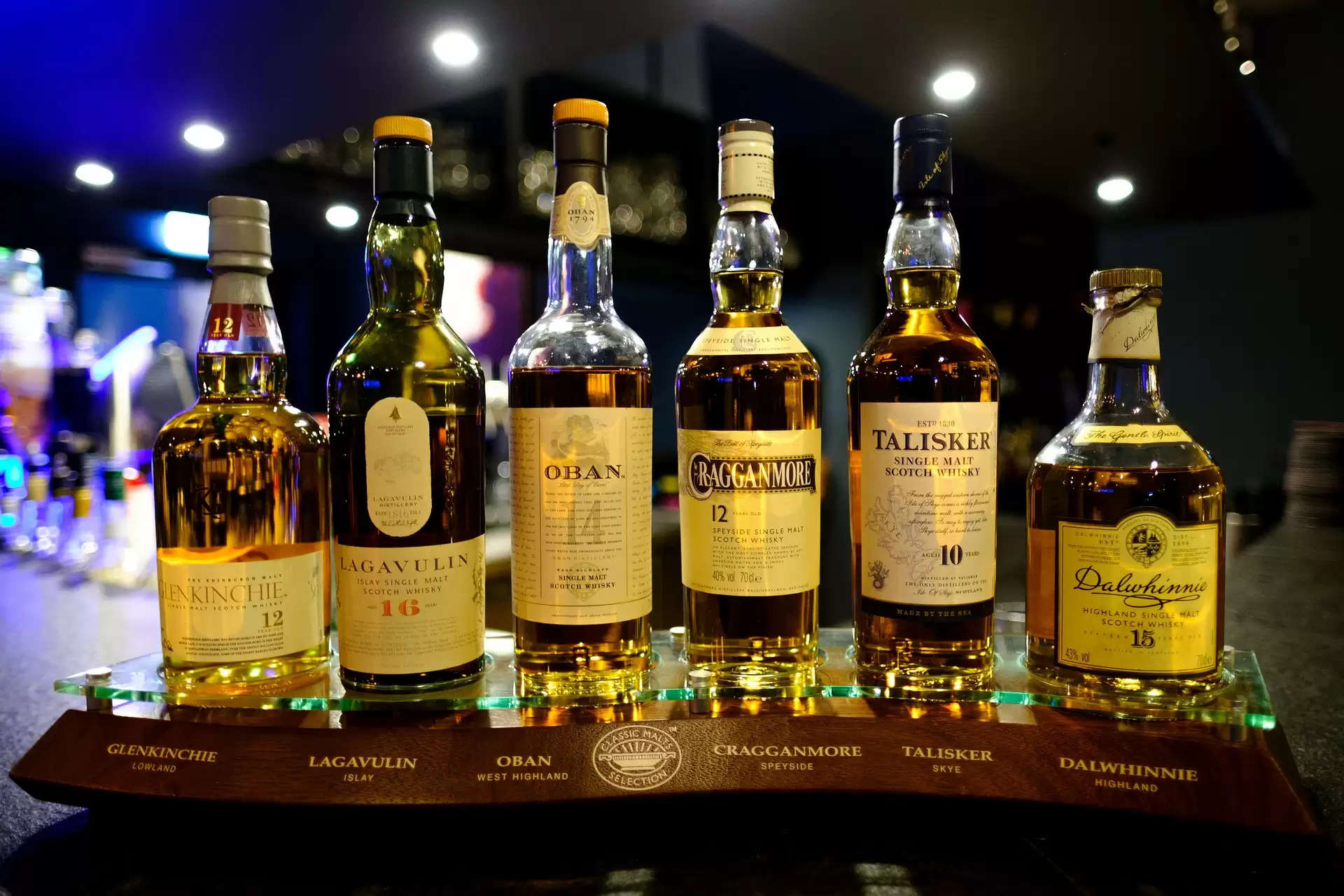From Scotch To Bourbon: Understanding Whisky

Whisky, a revered spirit with a rich history, comes in various forms and styles that can perplex even seasoned enthusiasts. Whether you're curious about the nuances between single-malt whisky and blended Scotch, or the distinctions between bourbon and rye, this guide will help you navigate the fascinating world of whisky. Let's dive into some of the most popular categories and what sets them apart.
Scotch Whisky: A Scottish Legacy
Crafted exclusively in Scotland, Scotch whisky is known for its stringent production standards and distinct flavors. This legendary spirit is made from cereal grains, water, and yeast, and aged in oak barrels for a minimum of three years. There are two primary sub-categories: single-malt and blended Scotch.
Single-Malt Scotch Whisky
Single-malt Scotch whisky is produced from malted barley at a single distillery, which contributes to its unique character and exclusivity. Although Scotland is renowned for its single malts, other countries like India, Ireland, Japan, Taiwan, Australia, and the United States have embraced this style, producing award-winning single malts. The type of barrel used and the aging process vary from country to country, influencing the final flavor profile.
Blended Scotch Whisky
Blended Scotch whisky is created by combining different malt and grain whiskies from various distilleries. This blending process results in a complex flavor profile that highlights the strengths of each component whisky. Blended Scotch is generally more affordable than single-malt, making it a popular choice among whisky drinkers.
Bourbon: An American Classic
Bourbon, a distinctly American whisky, must be produced in the United States and made from at least 51% corn, with the remainder comprising grains like rye, wheat, or barley. It is aged in new charred American oak barrels for a minimum of two years and must be bottled at 80 proof or higher. The high corn content gives bourbon its characteristic sweetness, while the charred barrels impart rich flavors of caramel and vanilla.
Irish Whisky: Smooth and Refined
As the name suggests, Irish whisky is produced in Ireland and is known for its smooth, mellow flavor. Made from a mash of malted barley, it is typically triple-distilled and aged in wooden casks for at least three years. This extended aging process, combined with the triple distillation, results in a whisky with notes of honey, vanilla, and citrus.
Rye Whisky: Spicy and Bold
Rye whisky, a category of American whisky, must contain at least 51% rye in its mash bill, with the rest consisting of corn and barley. Aged for a minimum of two years, rye whisky is known for its bold, spicy flavor profile, making it a favorite for classic cocktails like the Manhattan and the Old Fashioned.
Japanese Whisky: A Unique Interpretation
Japanese whisky, while often mimicking the Scottish distillation process, brings its own unique elements to the table. The use of fresh mountain water, uniquely shaped stills, and barrels made from indigenous wood contribute to its distinct flavor. Japanese whisky offers a diverse range of flavors and styles, making it a captivating choice for whisky aficionados.
Canadian Whisky: Versatile and Accessible
Canadian whisky, sometimes referred to as "rye," differs significantly from its American counterpart. While American rye whisky must contain at least 51% rye grain, Canadian whisky has no such requirement. Typically aged in oak barrels for at least three years, Canadian whiskies are often made from a mix of rye and corn, though some use wheat and barley. This flexibility allows for a wide range of flavor profiles, from smooth and light to rich and robust.
Whether you prefer the rich history and stringent standards of Scotch, the sweetness of bourbon, the smoothness of Irish whisky, the boldness of rye, the innovation of Japanese whisky, or the versatility of Canadian whisky, there is a whisky out there to suit every palate. Understanding these distinctions not only enhances your appreciation of this beloved spirit but also ensures you never mistakenly order a Jameson and call it Scotch. Cheers to exploring the diverse world of whisky!
Disclaimer: This article is intended only for responsible adults of legal drinking age. It is purely intended for information purposes. The publisher and its management do not, under any circumstances, accept responsibility for any damages that result to yourself or anyone else due to the consumption of alcoholic beverages or the use of this site and any materials located on it.
.jpg)
